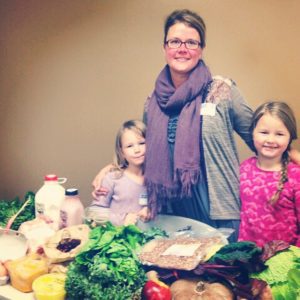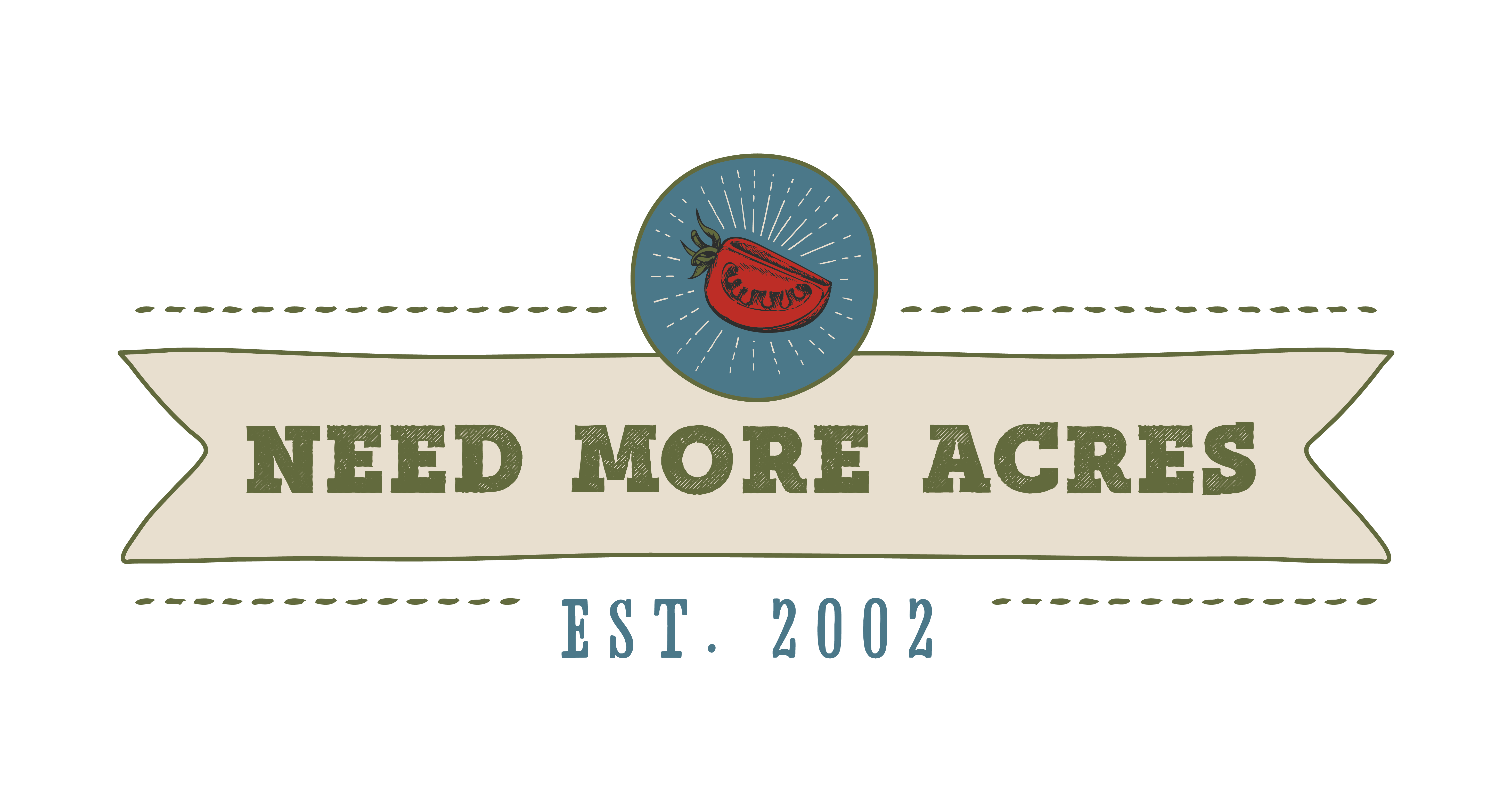Right out of college Nathan and I were hired by the University of Kentucky to assist tobacco farmers as they transitioned to new crops-mostly fruits and vegetables. We called those specialty crops professionally, but now here on our farm we just call them-food. More than once we sat at the kitchen table with middle aged couples who were desperately-clinging to family photos and memories of their lives there on that farm-hoping to find something that could replace the income they had become dependent on for generations. The wife would often be cooking up dinner and serving me tea, introducing me one by one to her neighbors, church goers and community leaders through photographs and stories. The husband would be looking at numbers on a paper and talking about cash flow. When the wife would chime in with an idea or two on marketing their product in new (old) and innovative ways she would quickly be quieted as the conversation returned to inputs and acreage. The desire to make things work out on paper overshadowed the real opportunity that was present. Opportunity floated away.
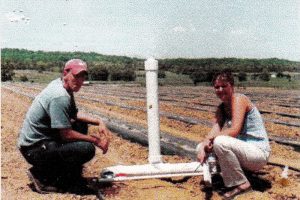
In the beginning, I just kept myself busy. Yoga classes, library time, play dates at the park, laundry, shopping at target. My busyness allowed me to ignore the inner callings that were upon my life, but in the quiet moments or middle of the night they would float up into my conscious and open up wounds that were hard to face. I tried to find my way through a few “work at home gigs”. Selling scrapbook supplies, baby items on ebay, and later diving into wedding flowers I worked through how to use the skills that I both understood and enjoyed to possibly make a bit of income for our household economy. I was lucky when I would break even. None of these things ever seemed exactly right and I often felt like there was a huge divide between Nathan and I-there seemed to be something else that I could be doing to serve him rather than just cleaning his home, making his food and raising his children. This time was not wasted as it prepared me for what was to come, but it never felt like it was enough. We both knew how to respect my strength, wisdom, contribution when I worked outside of the home, but neither of us knew how to do the same when we were working together-at home.
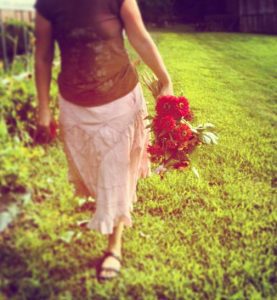
We struggled through some very dark times in those first few years. I desperately wanted to contribute, but I would go out into the fields only to be called back to the house by a little one who needed me. I would sift through the beautiful Baker Creek catalog trying to make suggestions on heirloom seeds only to select plants that didn’t produce a lick of fruit. I’d try to help out at the market, but my attention span and desire to have meaningful conversation with as many people as possible left Nathan alone at the booth. My first CSA experience was a great learning curve and something the kids and I did together, but it became apparent that I needed Nathan’s know how and strength to farm for profit.
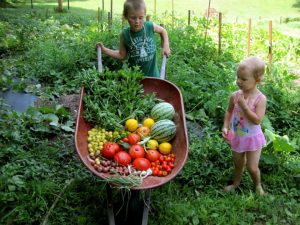
It was clear to me-we had helped build the local food system and what households in our communities needed were community supported agriculture programs that met their unique circumstances. I knew that Nathan could grow the product and I could sell it. Just like those women at the kitchen table trying to replace their tobacco crops-I knew the people in my community by name and I had ideas on how to help them consume healthier foods in ways that worked for their unique families. There was opportunity I didn’t want to see slip by. At the same time it was very clear to Nathan-that we really would Need More Acres, it would be a whole lot of hard work, it would require more financial sacrifices and that we would once again be opening ourselves up to the obstacles of farmer competition-that we were desperately trying to avoid.
Our conversations moved into ways that Nathan could lead and protect me while also offering me respect and dignity. I was learning to offer the same to Nathan while becoming a helpmate without resentment. In retrospect, it’s my creative optimism and Nathan’s cautions realism that allows us to work together so collaboratively. The same things that had held us back and tore us apart were what were now allowing us to work together and move forward. Our differences needed to be named and respected. We were both right. And over time the arguments grew shorter and clear communication became more common. We were both learning to redefine the word-farmwife.
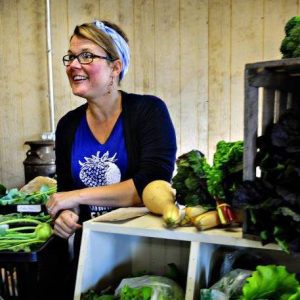
The solution for connecting farmers to consumers with real food won’t be accomplished by going bigger, better, and more efficient. From the beginning we were connected to our food supply through hunger, hard work and common sense. Those same things can help us to slow down, take the time to know our farmer and/or consumer, and make real changes that are not only realistic, but also inclusive to everyone in our community. The role of the farmwife was once replaced by the hope of commodity crops and emerging grocery stores with their never ending aisles of processed food. I’m hopeful that my story, my voice, and my work will help bring us back in at least small ways right here where I live. When I ask my daughters to define what a farmwife does they use words like work hard, speak, go to meetings, help daddy, make food, send emails, think of new ideas, pray hard. I’m honored to be my family’s FARMWIFE.
